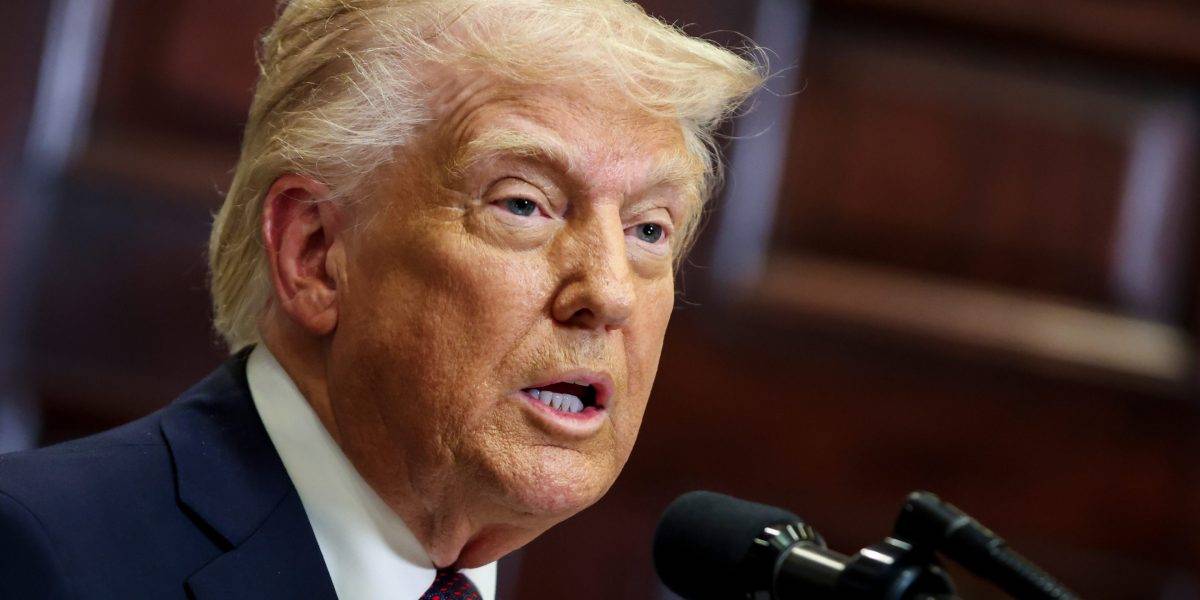The recent involvement of cryptocurrency firms in political endorsements has sparked widespread debate and backlash, raising concerns about influence and regulation. In the 2024 U.S. elections, crypto companies spent over $134 million, fueling worries about their growing political sway and potential regulatory risks. This massive investment has led to questions about whether these firms are seeking a favorable regulatory environment, which could further erode public trust and expose them to legal risks.
A key player in this political landscape is Fairshake, a political action committee backed by major crypto firms like Coinbase, Ripple, and Andreessen Horowitz. Fairshake spent over $40 million in key congressional races, aiming to shape legislation friendly to digital assets. The influx of crypto money into politics has not gone unnoticed by regulators, with groups like Public Citizen filing complaints alleging violations of federal election laws.
However, some experts see these donations as necessary for achieving regulatory clarity and stability in the crypto industry. Anndy Lian, an intergovernmental blockchain expert, views this spending as crucial for reducing uncertainty and boosting investor confidence, although he notes risks like regulatory capture, where large firms’ interests take precedence.
As the crypto industry continues to seek greater influence, it faces challenges from both within and outside the sector. For example, the recent announcement of a Strategic Bitcoin Reserve by the U.S. President has received criticism from some crypto leaders, highlighting the complex landscape of political endorsements and their implications for cryptocurrency adoption.
The debate around political endorsements is also reflected in international contexts. For instance, Elon Musk‘s endorsement of Pierre Poilievre has sparked discussions on how political support impacts crypto adoption and regulatory policies. These events illustrate the delicate balance between political influence and technological innovation in the crypto sector.
Ultimately, the backlash against political crypto endorsements underscores a broader struggle for legitimacy and regulatory clarity in the cryptocurrency space. As investors and regulators watch these developments closely, it remains crucial to navigate the intersection of politics and cryptocurrency with caution, ensuring that growth is balanced with transparency and fairness.









